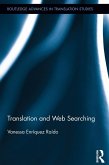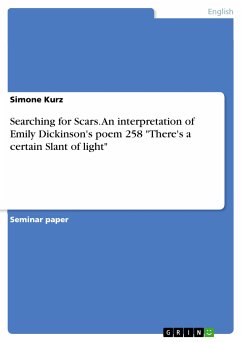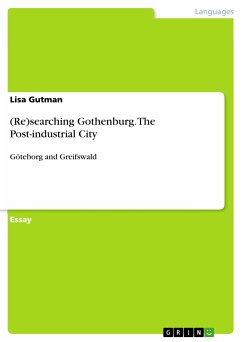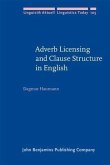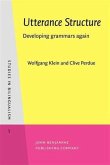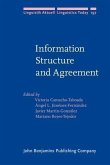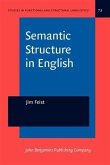This book argues against the existence of complementation in colloquial Indonesian, and discusses the ramifications of these findings for a discourse-functional understanding of grammatical categories and linguistic structure. Based on a close analysis of a corpus of spontaneous conversational Indonesian data, the author examines four construction types which express what is often encoded by complements in other languages: juxtaposed clauses, material introduced by the discourse marker bahwa, serial verbs, and epistemic expressions with the suffix -nya. These four construction types offer no evidence to support complementation as a viable grammatical category in colloquial spoken Indonesian. Rather, they are best understood as emergent, discourse-level phenomena, arising from the interactive and communicative goals of language users. The lack of evidence for complementation in colloquial Indonesian reaffirms the need to understand linguistic structure as language-particular and diverse, and emphasizes the centrality of studying linguistic categories based on their actual occurrence in natural discourse.
Dieser Download kann aus rechtlichen Gründen nur mit Rechnungsadresse in A, B, BG, CY, CZ, D, DK, EW, E, FIN, F, GR, HR, H, IRL, I, LT, L, LR, M, NL, PL, P, R, S, SLO, SK ausgeliefert werden.



